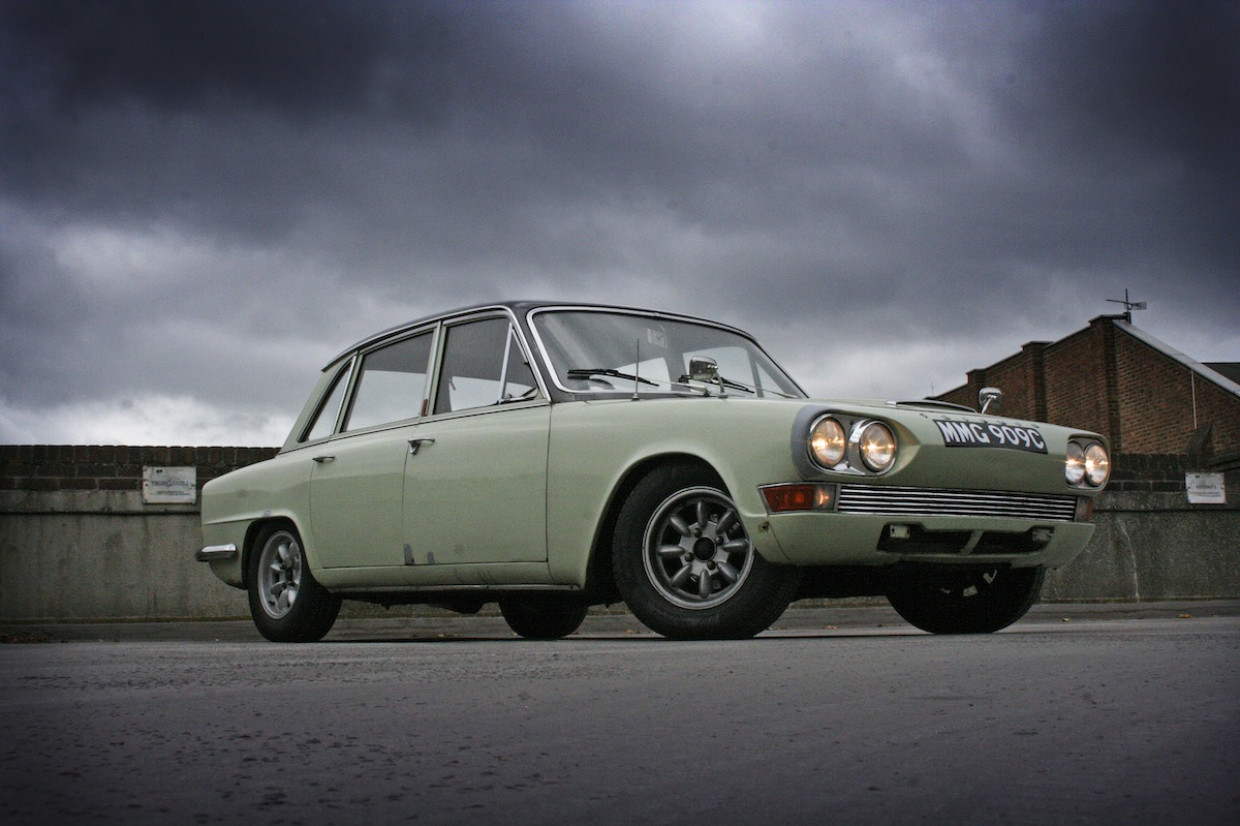
Ever since the first concession to classic car owners – giving VED exempt status to pre-1973 historic vehicles – the more suspicious of us (those who believe that you really don’t get owt for nowt) have been warning of the fact that if you are aiming to restrict the freedom of a group of people, first you must identify them and then label them. When the MoT exemption for pre-1960s cars was introduced a couple of years ago, I became all the more certain that more stifling regulation was just around the corner.

Thankfully it wasn’t and at the moment I am still free to use my cars as I wish. This morning, as on most days, I packed my two daughters into a ropy 1965 Triumph 2000 auto that's packing a 2.5 engine and manual/overdrive gearbox and drove them to school. After that I drove to work in the same car. And this evening I will drive home in it. At the weekend, like most dads, I will just be a taxi between gymnastics, drama and all the other activities designed to drain kids of energy in the same car. The only real change in this routine is when the car is a 1968 Jensen Interceptor or, when both my current classics are off the road, and it does happen, the car is actually a bus.



